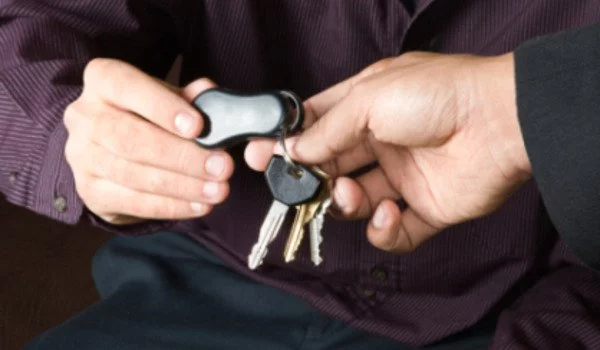Parental involvement is critical in influencing the behavior of young drivers. According to research, parental involvement and monitoring are linked to safer driving practices among teenagers.
Researchers from the University of Granada’s Mind, Brain, and Behaviour Research Centre (CIMCYC) adapted the Family Climate for Road Safety Scale (FCRSS) for young drivers and their parents to the Spanish context to assess the validity and reliability of FCRSS measures, which are based on seven dimensions: modeling, feedback, communication, monitoring, commitment to road safety, messages, and limits.
The results of applying this scale to a Spanish sample revealed significant associations between several of these dimensions and young drivers’ driving styles.
Young people who perceived their parents as positive role models for safe driving by allowing more open communication, sharing explicit messages about safe driving, providing more feedback, closely monitoring their driving, and setting clear limits reported more careful driving and less reckless, aggressive, and anxious driving.
Young people who perceived their parents as positive role models for safe driving by allowing more open communication, sharing explicit messages about safe driving, providing more feedback, closely monitoring their driving, and setting clear limits reported more careful driving and less reckless, aggressive, and anxious driving. Except for monitoring and anxious driving styles, the study found a similar pattern of results between parents and children’s scores.
Parents who set clear expectations and rules for their teenagers’ safe driving behavior can influence them to adopt responsible driving habits. This could include discussions about following traffic laws, avoiding distractions, and practicing defensive driving techniques.

Greater parental monitoring leads to more anxiety, but also more caution
Although this may seem contradictory, the researchers point out that young novice drivers may perceive high levels of supervision negatively, leading them to experience negative emotions while driving, such as anxiety. Another argument supporting this idea is the negative association between monitoring and stress-reducing driving styles, meaning that young drivers who perceive more parental monitoring may find it more difficult to relax and engage in stress-reducing activities while driving.
The study’s findings, however, show that parental supervision is also associated with more cautious driving. While the researchers believe that this double-edged effect of supervised driving deserves more research, their findings are generally consistent with previous studies based on the Family Climate for Road Safety Scale, as well as more extensive work showing a positive impact of parental engagement on safer driving styles among their children.
Finally, when the results were broken down by gender, it was discovered that mothers perceived themselves to be more positive role models for their children, supporting safer driving, encouraging feedback, engaging in more open discussions, and closely monitoring their driving than fathers.
















